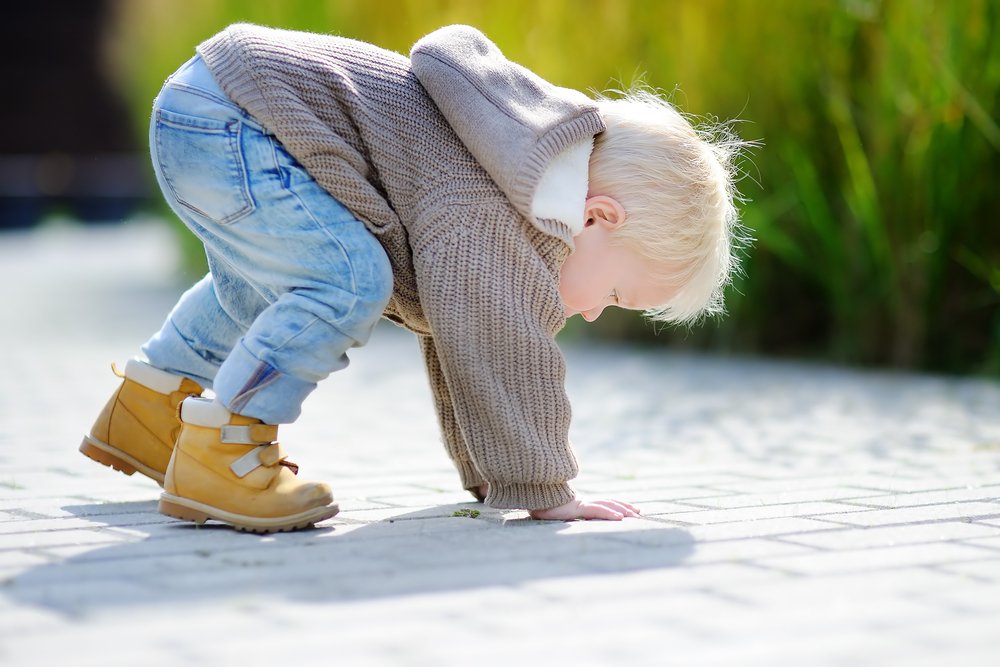Key points:
1. Supportive relationships with parents or caregivers are crucial for promoting resilience in children.
2. Resilience involves a positive response to adversity and is nurtured through consistent interactions and personalized responsiveness.
3. Coping skills can be developed through age-appropriate activities to reduce stress and enhance skills like planning and impulse control.
4. Resilience varies across situations, and even strong individuals may require therapeutic support in extremely adverse circumstances.
As a parent or caregiver, we know you want to teach your child how to be resilient and capable of overcoming any difficult circumstance that might present to them. But how can you be sure that you are actually helping your little one become an independent and successful individual?
Well, no matter what the hardship is, research has shown that having at least one stable and committed relationship with a supportive parent or caregiver is the most common characteristic amongst kids that do well. But let’s take a deeper dive into this.
Let’s start with the definition of resilience. You may find different definitions for this word, but essentially, resilience involves a positive and adaptive response to adversity. Now, what are the key factors that promote resilience in your little one? We’ve already mentioned the most significant one: supportive relationships. These will protect them from developmental disruption by providing personalized responsiveness. Plus, they’ll help them build important skills, like planning, regulating behavior, and adapting, that will allow them to respond to difficulties and thrive.
Why do these relationships help?
Having constant “serve and return” interactions with loving adults help your little one manage their stress-response system, keeping it at normal levels and, thus, allowing the brain to develop without disruptions while coping with “tolerable stress”. On the contrary, when responsive interactions are not available or are very intermittent, this is perceived as a serious threat and the stress-response system is activated. Although this is a protective mechanism, if the level of stress doesn’t decrease enough, it can cause the brain and other body systems to wear down due to exposure to “toxic stress”. Hence, resilience prevents stress from becoming toxic and instead transforms it into a tolerable one.
We’ve concluded that resilience is very important for our children to thrive, but there’s so much information available that, sometimes, it can be hard to discriminate between fact and common misconceptions. So, let’s set the record straight based on what science actually says.
- As we’ve stated, resilience requires supportive relationships and it’s not determined by genetics or strength of character.
- Coping skills can be strengthened at any age by practicing age-appropriate activities that help reduce stress and foster skills like planning, organization, impulse control, cognitive flexibility, and others.
- Resilience can vary across different situations. We have to keep in mind that even the “toughest” person may need therapeutic support if exposed to extremely adverse situations.
If you ever wonder if all your efforts to be a supportive and caring parent or caregiver are worth it, don’t think about it for another minute! Being responsive and affectionate is what will help your little one be a resilient individual that thrives in challenging circumstances!








